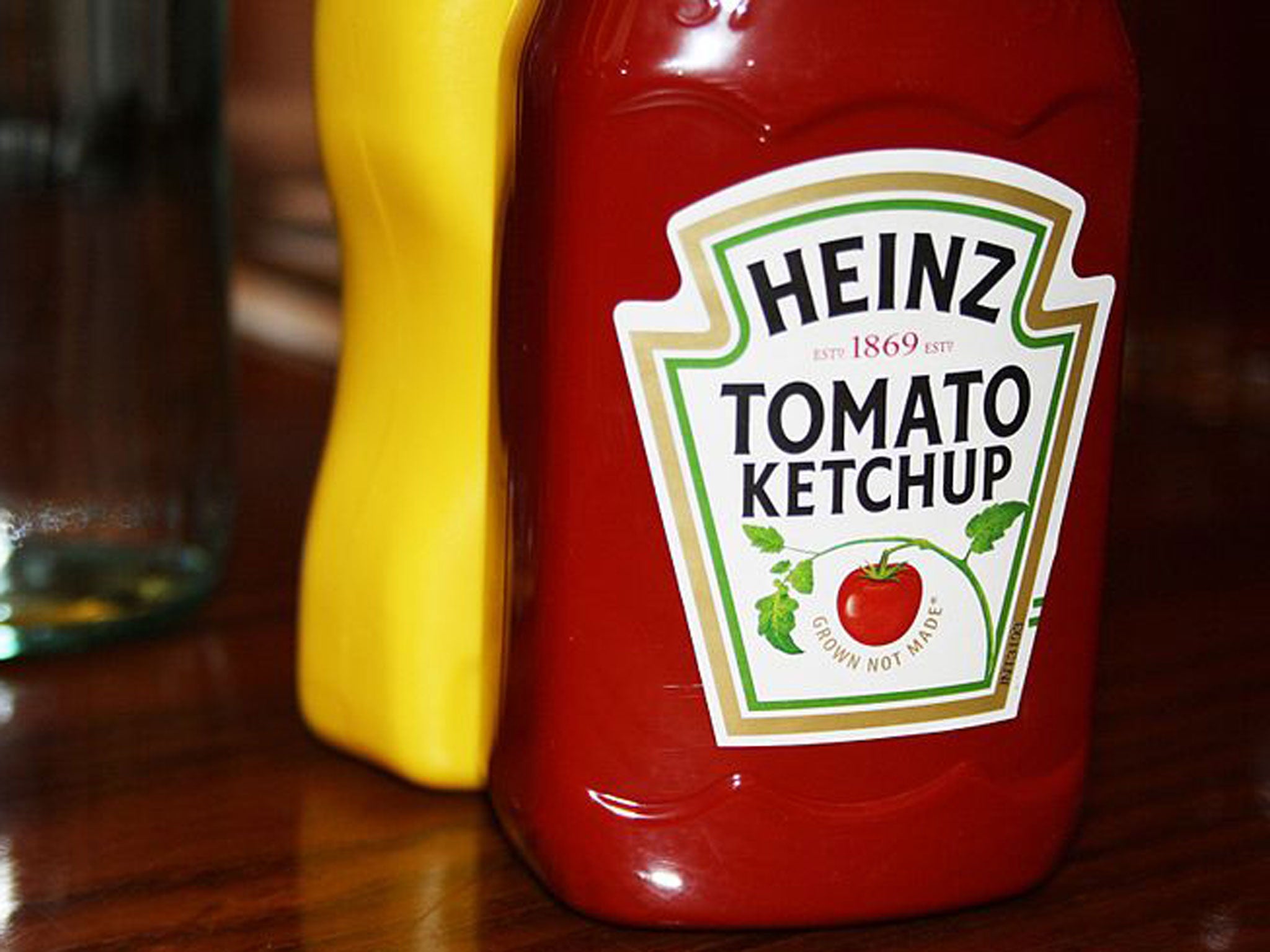Heinz tomato ketchup cannot be called ketchup in Israel
Because there's not enough tomato in it

You might think the Heinz brand is synonymous with ketchup. But not in Israel, where the health ministry has ruled it must now be called a "tomato seasoning".
The Israeli Health Ministry has ruled the product does not contain enough “tomato solids” to be labelled a "ketchup".
It will now be sold under the title of “tomato seasoning", according to Haaretz.
The ruling came as a result of a lobbying campaign by the Israeli food manufacturer Osem, which produces a large portion of the ketchup consumed in Israel.
In January, Ynet reported Osem sent a letter to retailers, claiming they had tested Heinz ketchup in a “leading European laboratory” and found the product contained 21 per cent tomato concentrate rather than the 61 per cent it advertised to consumers.
Israeli food standards state a sauce has to contain 41% tomato concentrate to be considered a ketchup.
Diplomat, the company which distributes Heinz in Israel, dismissed the claims, telling Ynet: “Obviously, Osem, which has a monopoly, would be happy if it were only possible to sell their product in Israel, but Osem’s claims have no substance!”
The company has filed its own petition to have the local definition of ketchup changed.
Nigel Dickie, Heinz’s Director of Corporate and Government Affairs, said: “The word Ketchup is indicated in English on the front of the bottle while recognising that the Israeli standard for ketchup has yet to be brought in line with US and European accepted international standards, the back label of our ketchup sold in Israel reflects current local requirements for ingredient labelling and the Hebrew name for the product."
In 2011, Heinz tomato ketchup was banned in French primary schools. Christophe Hebert, chairman of the National Association of Directors of Collective Restaurants, said: "Canteens have a public health mission and also an educative mission. ‘We have to ensure that children become familiar with French recipes so that they can hand them down to the following generation."
Subscribe to Independent Premium to bookmark this article
Want to bookmark your favourite articles and stories to read or reference later? Start your Independent Premium subscription today.

Join our commenting forum
Join thought-provoking conversations, follow other Independent readers and see their replies